

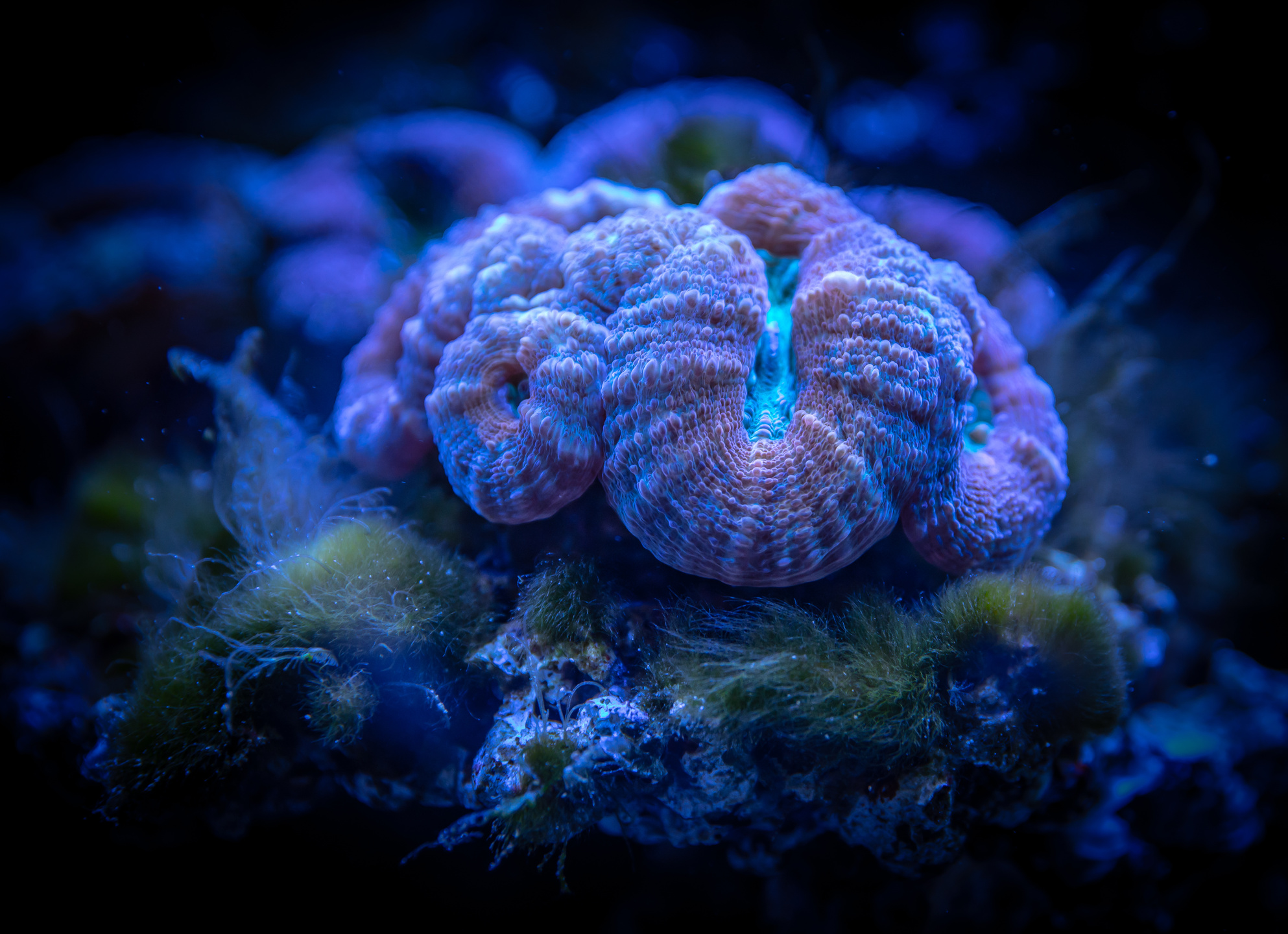
Deep Sea Mining:
A High-Stakes Gamble on Our Ecosystem
We are committed to providing
sustainable solutions for the world
Background
- The deep ocean, defined as the area of the seabed deeper than 200 meters , contains a wide variety of potentially valuable mineral deposits
- Deep-sea mining (DSM) extracts mineral resources from the deep ocean floor
- Deep sea contains a wide variety of potentially valuable mineral deposits, three types of mineral deposits are targeted by DSM
1
1
2
Seafloor Massive Sulfides at Hydrothermal Vents
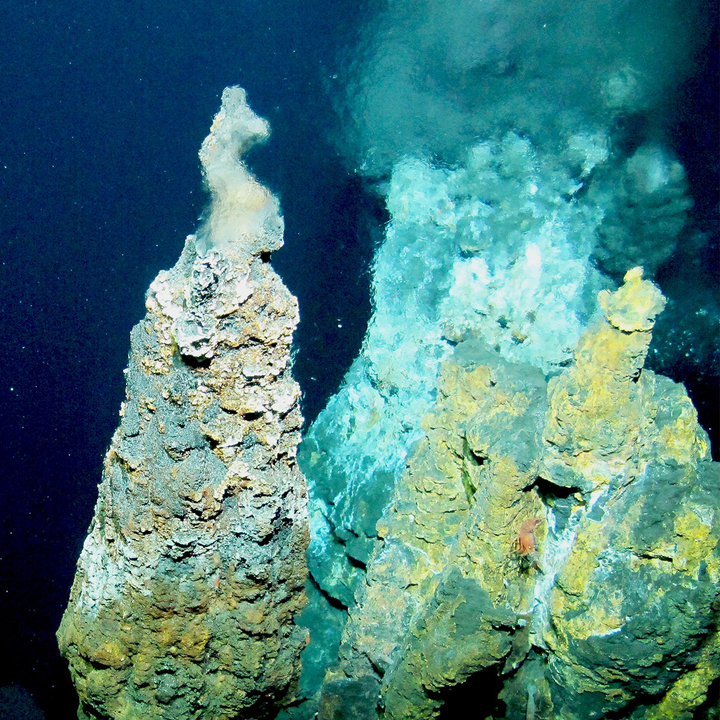
Credit:Japan Oil, Gas and Metals National Corporation
Manganese (Polymetallic) Nodules of the Abyss
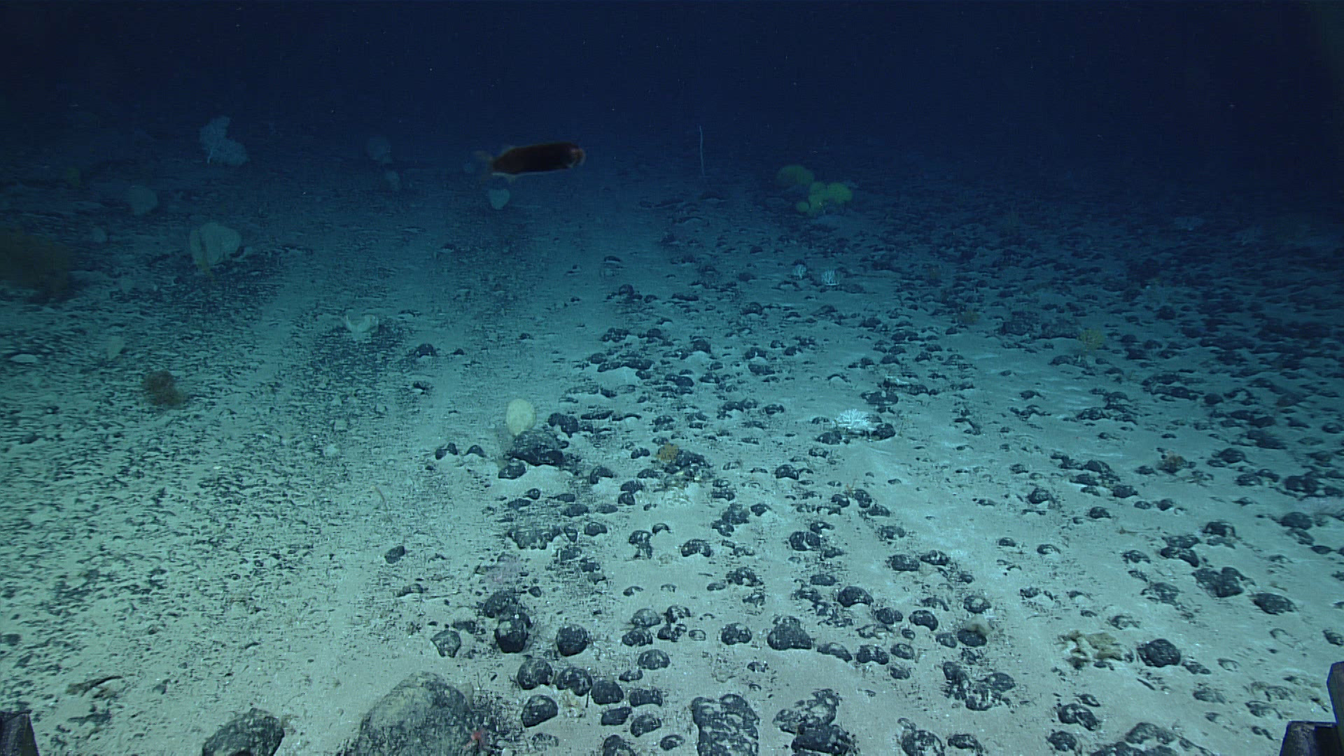
Credit: Courtesy of NOAA Ocean Exploration
Cobalt-Rich Crusts at Seamounts
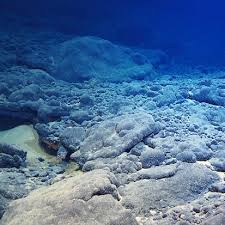
Credit:Deep Sea Mining Inc.
However, deep-sea mining has the potential to cause a lot problems to our ecosystem.

Out of Sight, But Not Out of Mind
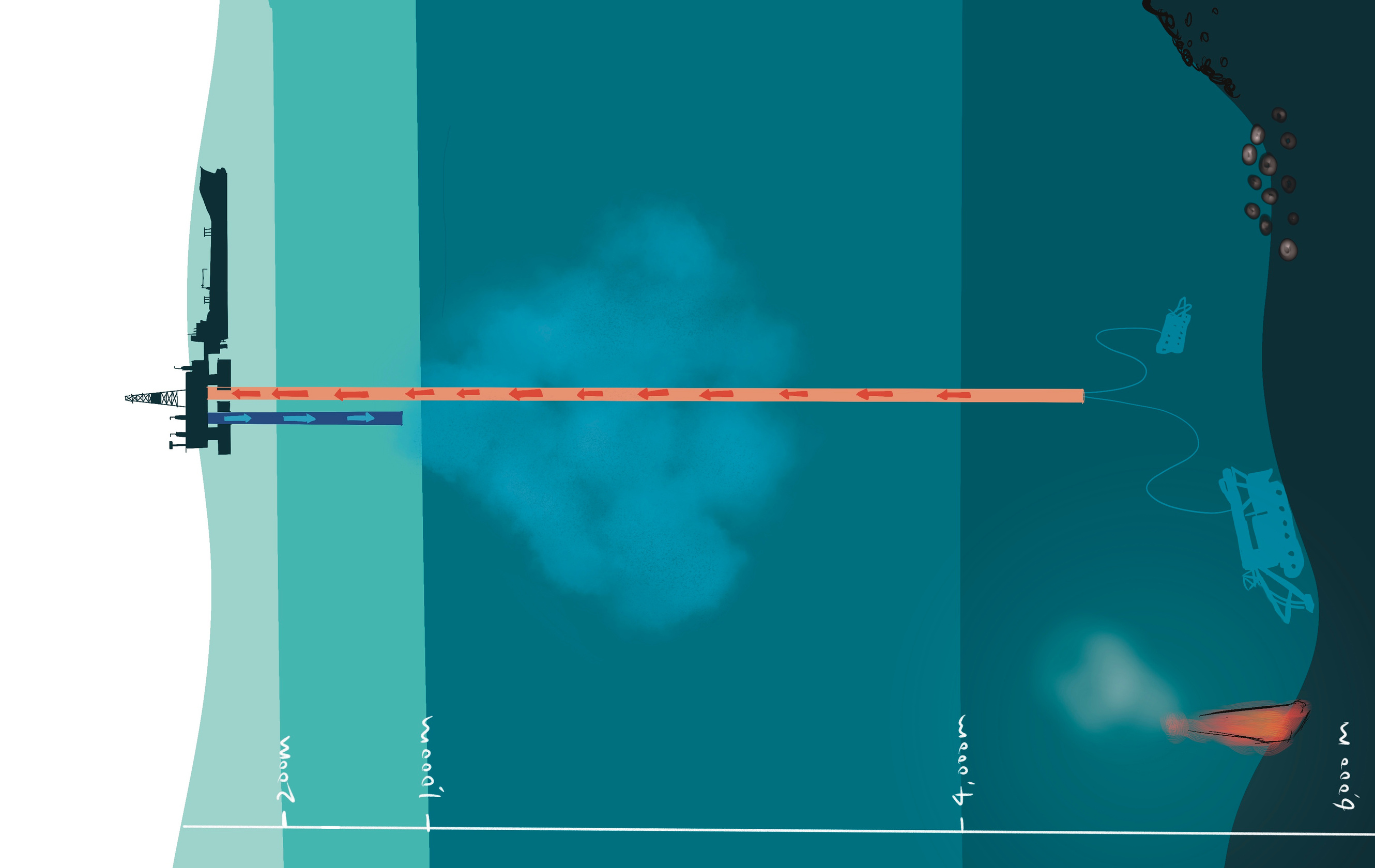
3
Social Issue
Fisheries could face new stressors, including noise, heavy metal contamination, and large sediment plumes, adue to DSM
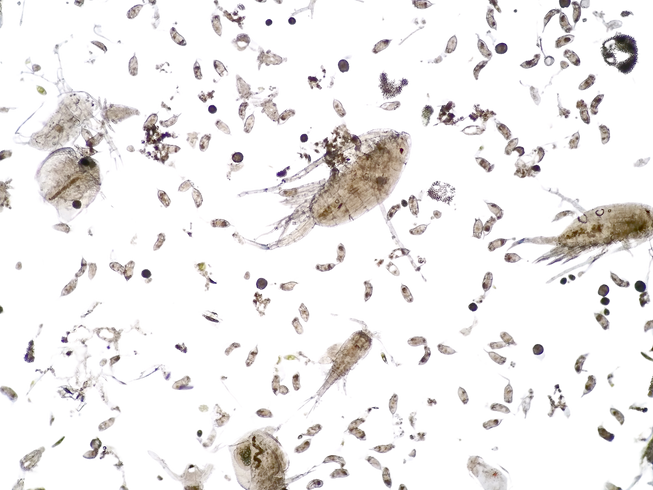
Social Issue
DSM has the potential to exacerbate the exploitation of developing countries due to the uneven distribution of technological capabilities and access to capital etc
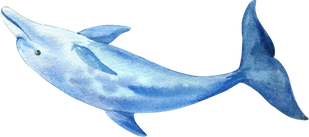
Plume produce DSM can carry toxicants and travel

5
Noise Pollution
constant noises from the machinery could interfere with the unique frequencies used by whales, dolphins and porpoises to communicate and navigate the ocean
Chemical Pollution
Plumes generated by DSM could carry toxicants that can travel for hundreds of kilometres, putting organisms under chronic exposure
Distrube behavioral
The plumes distrube animals feeding, preying and escape from prey
4
Decrease Organisms Population
When the minerals is removed, organisms that live on or between sediment and nudules are removed, other seafloor organisms are bury by the sediment plume and larva do not have stable seabed to settle
Chemical Pollution
Plumes affect the photosynthetic microalgae or other animals living within the water column
Chemical Pollution
Detoxification requires energy, so organisms exposed to metals must divert energy away from growing, reproductive processes etc
Organism Feeding Affected
The suspension-feeding species’ filtering membranes blocked by sediment stop them from eating. Food supply decrease for surface deposit-feeding organisms
6
Sediment Plumes
Higher sedimentation rates and the suspended loads may remain over long periods, causing clogging of filter feeding apparatus of benthic organisms in the area
Light Pollution
aritificial light sources disrupt ecological community development
Habitat
The 3D structure of the seabed are flattened. Thus the habitat complexity, biodiversity decrease and ecosystem function weeken
Submarine Landslide
Have an important impact on deepwater sedimentary systems and energy resource exploration. Can trigger marine geological disasters thus destroys marine facilities
Destroy Hot vents
and Cold Seeps
Hydrothermal vents are sprawling with endemic life forms which can
provide us with a window into the origin of life in new and exciting ways.
Chemical Pollution
Deep-sea ore that is composed of toxic chemical elements may be released during DSM as a slurry
7
Sea Floor Compaction
Affect benthic habitats.
Meet the International Seabed Authority (ISA)

- ISA is a an autonomous international organization under United Nations Convention on the Law of the Sea (UNCLOS) since 1994
- Regulate and control mineral-resources activities in the internatonal sea area
8
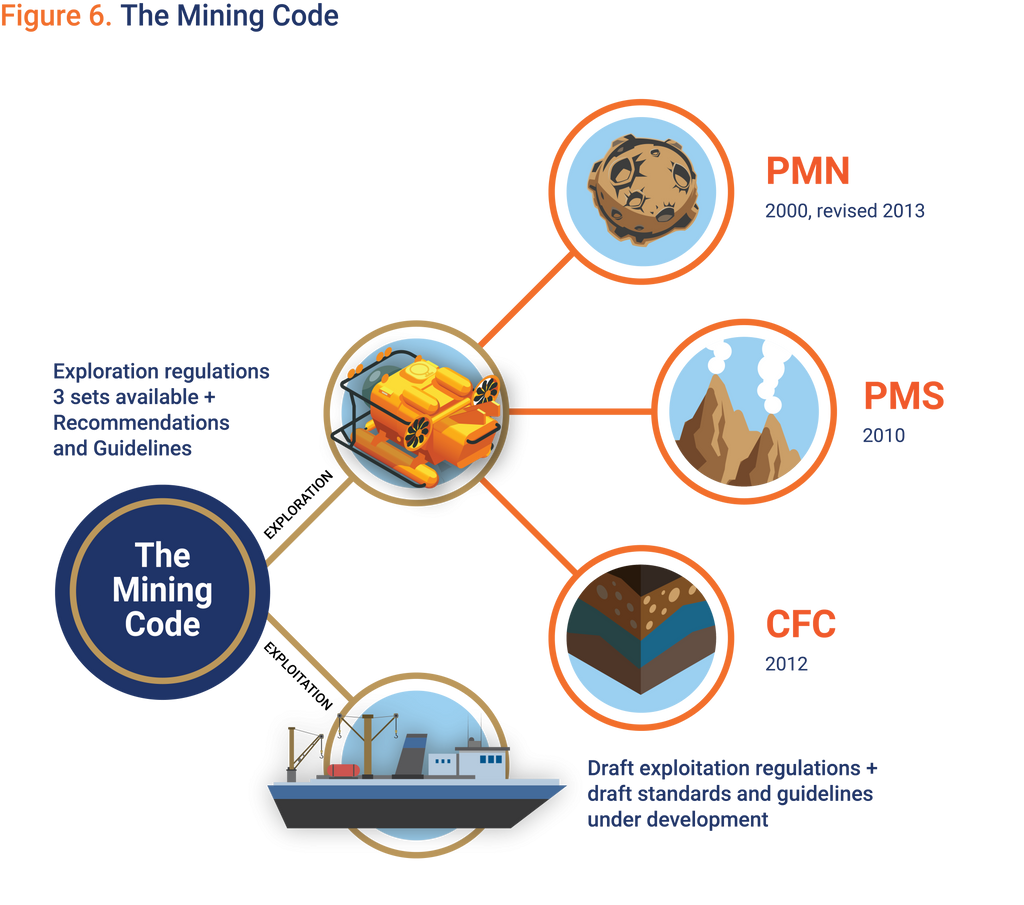
Exploration Regulation
Exploitation Regulation
Polymetallic nodules
Polymetallic sulphides
Cobalt-rich ferromanganese crusts
Credit: ISA
Mining code is a regulation framework by ISA in regulating deep sea mining


Meet the International Seabed Authority (ISA)
Measurement & policies
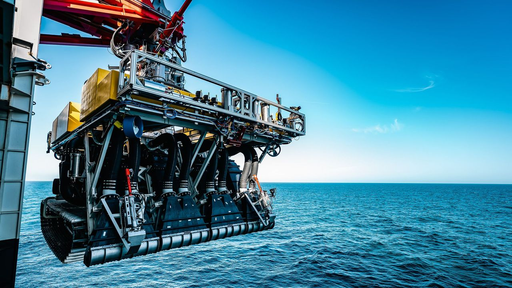
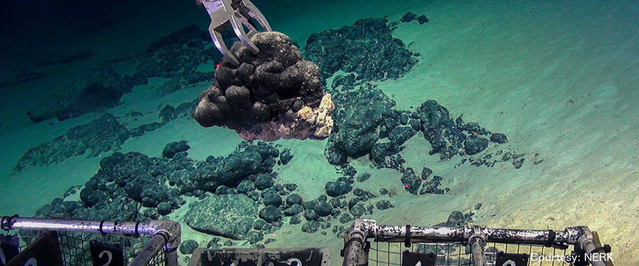
Credit: BBC
Credit: ISA
Exploration Regulation
Exploitation Regulation (Draft)
- Prospector should take measurement to protect to marine environment from pollution
- Minimize negative environmental impacts
- Programmes for minitoring the potential impacts.
- Environmental externalities considering the negative impact by human activities on nature and biodiversity
- Precautionary approach are required
9

Meet the World
- Some countries have its own regulations in the continent shelf.
- Some countries use the ISA regulation in the continent shelf.
Measurement & policies
Norway
United State
Cook Island


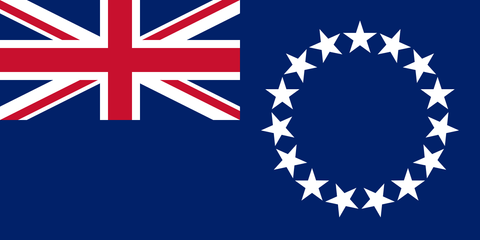
The Norway Seabed Minerals Act
- Enhance exploration and exploitation of minerals on seabed
- Conduct impact assessment before mining in a new open area
- All reasonable precautions must be taken to avoid ecosystem being demage
Deep Seabed Hard Mineral Resources Act
- Under the National Oceanic and Atmospheric Administration (NOAA)
- A program in environmental assessment and protection
- Establish a licence for exploration only
- Currently, we cannot do deep seabed mining commercially
Seabed Minerals Exploration Regulation
- Under The Seabed Minerals Authority
- only allowed exploration activities before government permition
- Required to provide ecploration area and measurment that minize the impact
10
11
12
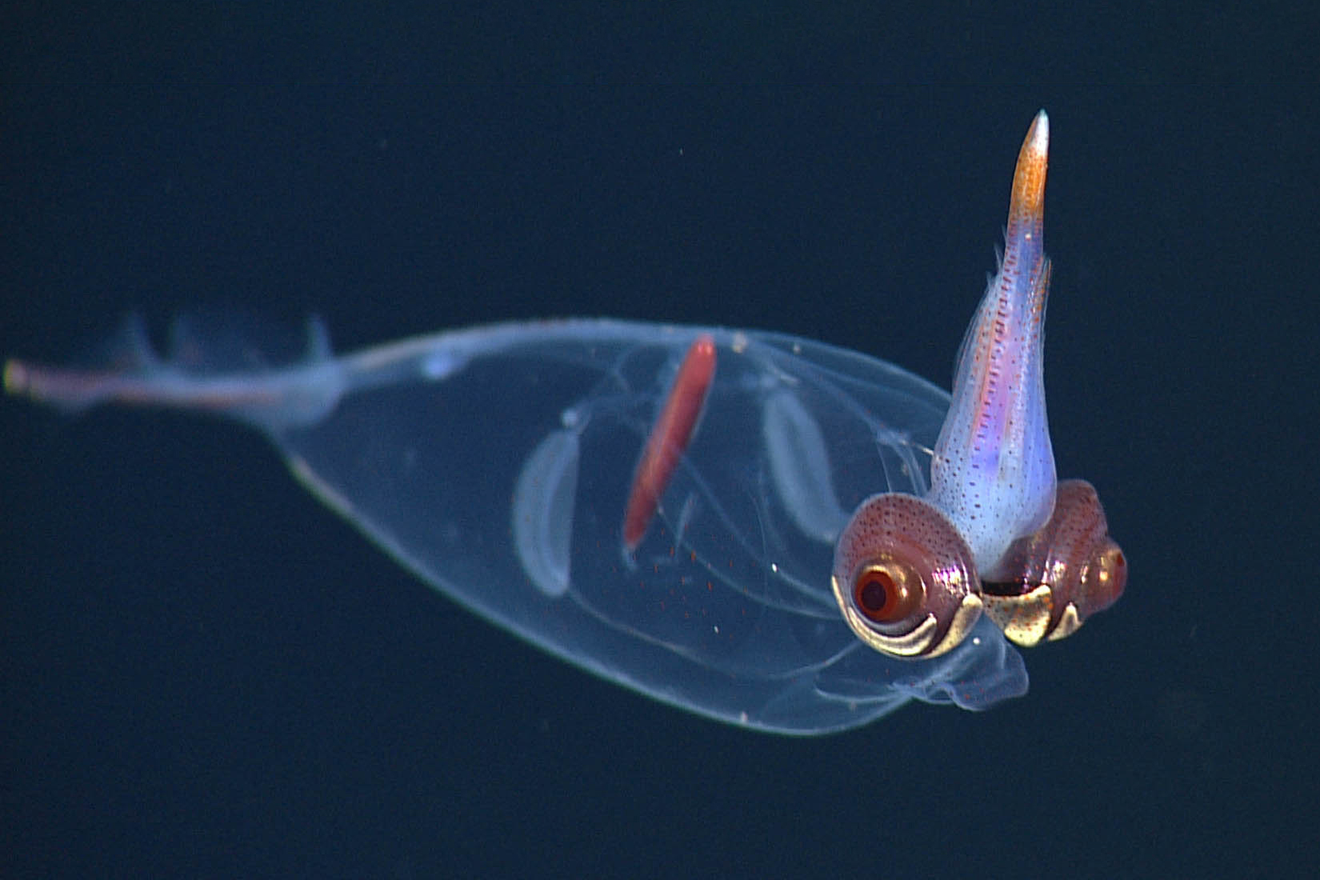
Cockatoo-squid
Credit: Monterey Bay Aquarium
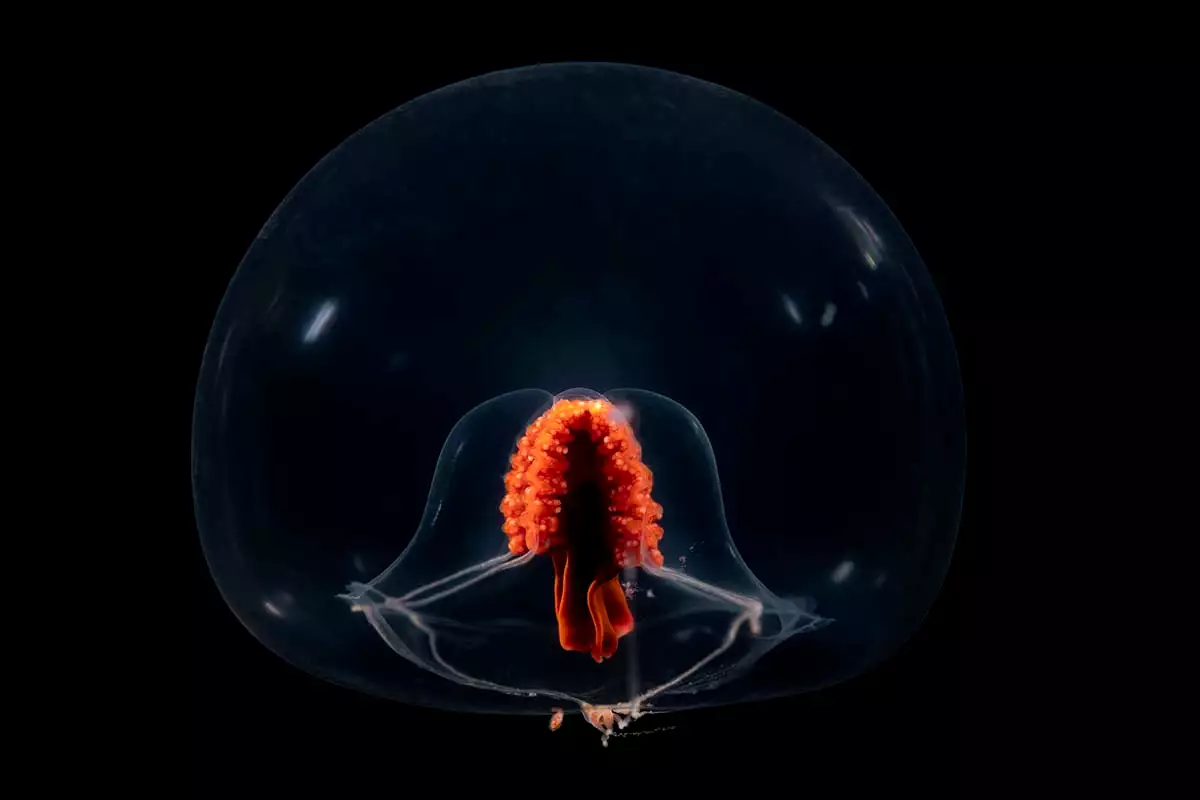
Snow globe jelly
Credit: Monterey Bay Aquarium

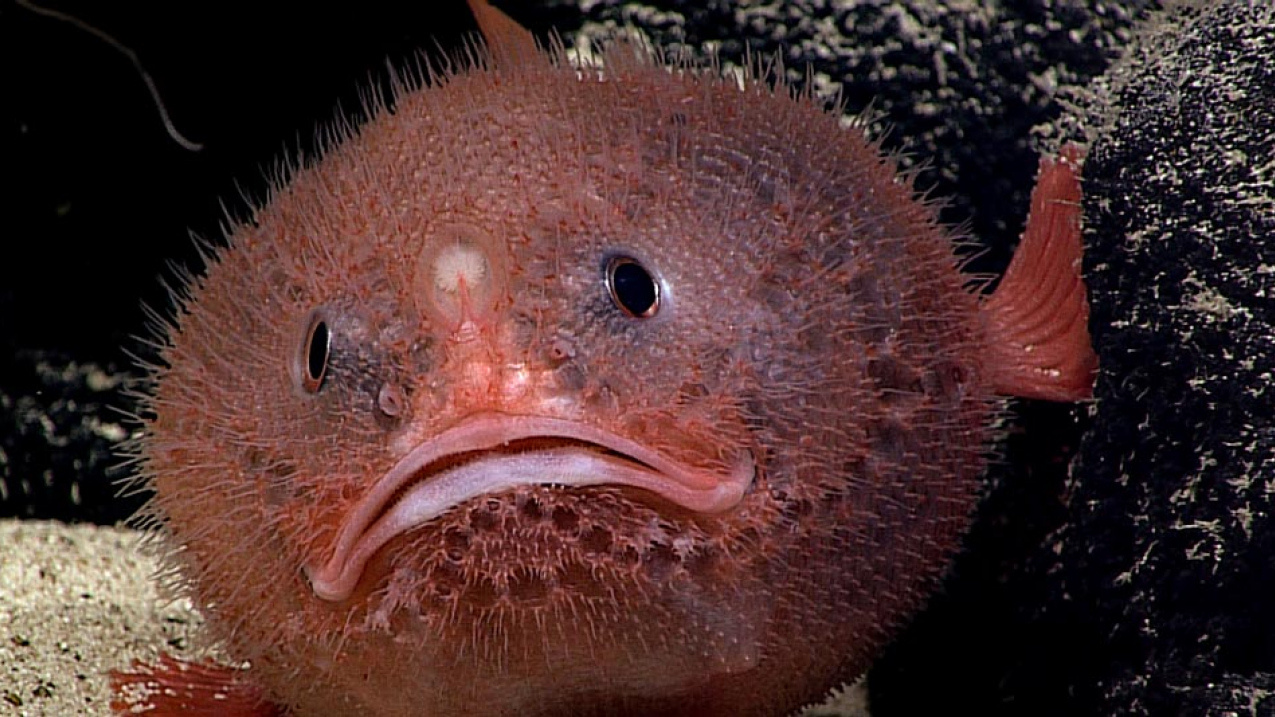
So What
Why Do We Care
(Image credit: NOAA)
Human and Nature
are deeply Connected
Our deep sea ecosystem provides us with ;
Provisioning services (food, water)
Regulating services (climate control, flood protection)
Cultural services (recreational, spiritual)
Supporting services (nutrient cycling, habitat provision)

Scientists estimated that only 5% of the ocean has been explored
13
The many impacts of DSM remain unknown, scientific papers suggest that:
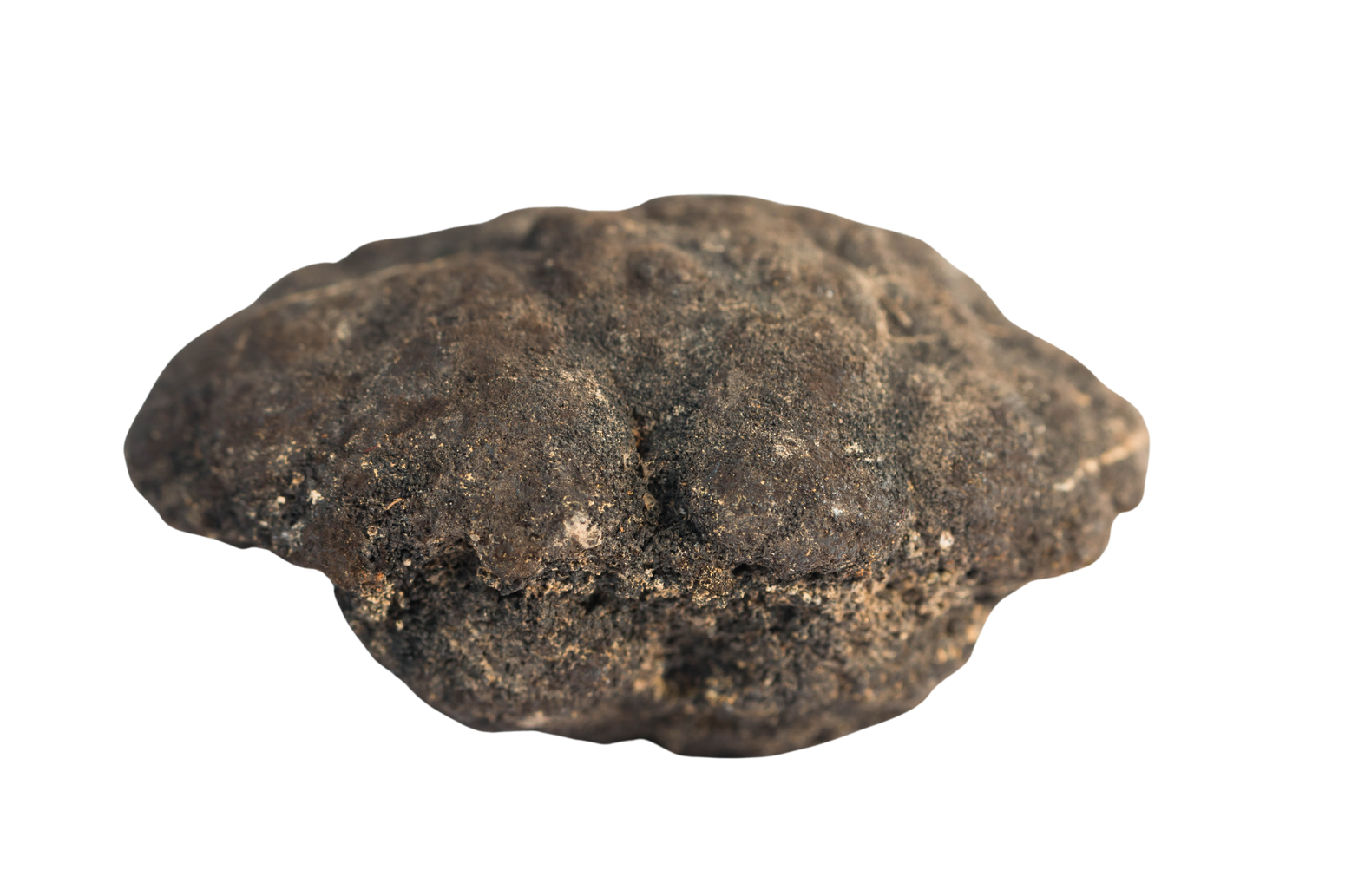
Breaking News: Recently, scientists have found that polymetallic nodules produce oxygen without photosynthesis! Imagine what will happen to us humans if DSM is allowed. Our knowledge about the deep sea is insufficient [z5]
Call For Action
- A Stricter Environmental Impact Assessment’s Framework Should Be Proposed By the ISA
- Express Your Opinion to Your Local Government Regarding DSM In Your Nation’s Exclusive Economic Zone
- Express Your Opinion Through The Social Media

Our Opinion Is Our Future
Deep-sea mining must not proceed until a full investigation of all unknown environmental impacts has been completed.
Deep-sea mining must not proceed until a full investigation of all unknown environmental impacts has been completed.
Deep-sea mining must not proceed until a full investigation of all unknown environmental impacts has been completed.


Deep Sea Mining
Reach Out to Us for More Information
Institute for the Oceans and Fisheries
The University of British Columbia | Vancouver Campus | Musqueam Traditional Territory
Room 107, AERL, 2202 Man Mall | Vancouver British Columbia | V6T 1Z4 Canada
Call: +1(236)965-5568
Email: ynwongar@connect.ust.hk


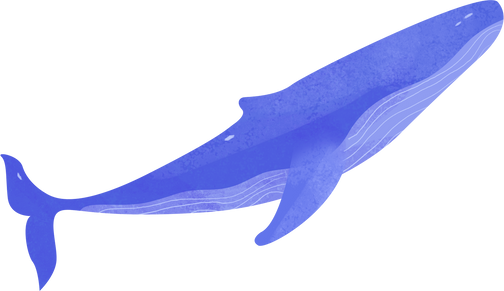
Thank You
- NOAA. What is the “deep” ocean? : Ocean Exploration Facts: NOAA Office of Ocean Exploration and Research [Internet]. oceanexplorer.noaa.gov. 2023. Available from: https://oceanexplorer.noaa.gov/facts/deep-ocean.html
- Miller KA, Thompson KF, Johnston P, Santillo D. An overview of seabed mining including the current state of development, environmental impacts, and knowledge gaps. Frontiers in Marine Science. 2018 Jan 10;4:312755.
- How the rush to deep-sea mining threatens people and our planet A report by the Environmental Justice Foundation [Internet]. Available from: https://ejfoundation.org/resources/downloads/towards-the-abyss-ejf-deep-sea-mining-report.pdf
- Levin LA, Mengerink K, Gjerde KM, Rowden AA, Van Dover CL, Clark MR, Ramirez-Llodra E, Currie B, Smith CR, Sato KN, Gallo N. Defining “serious harm” to the marine environment in the context of deep-seabed mining. Marine Policy. 2016 Dec 1;74:245-59.
- Vanreusel A, Hiliario A, Ribeiro PA, Menot L, Arbizu Martinez P. Managing impacts of deep sea resource exploitation.
- Sharma R. Environmental issues of deep-sea mining. Procedia Earth and Planetary Science. 2015 Jan 1;11:204-11
- Christiansen B, Denda A, Christiansen S. Potential effects of deep seabed mining on pelagic and benthopelagic biota. Marine Policy. 2020 Apr 1;114:103442.
- The Mining Code – International Seabed Authority [Internet]. Available from: https://www.isa.org.jm/the-mining-code/
- Coming soon? Updates on the Latest Round of Negotiations of the Draft Deep-sea Mining Regulations: Environmental Considerations | Insights | Vinson & Elkins LLP [Internet]. www.velaw.com. [cited 2024 Aug 3]. Available from: https://www.velaw.com/insights/coming-soon-updates-on-the-latest-round-of-negotiations-of-the-draft-deep-sea-mining-regulations-environmental-considerations/
- Act relating to mineral activities on the Continental Shelf (Seabed Minerals Act) [Internet]. www.sodir.no. [cited 2024 Aug 3]. Available from: https://www.sodir.no/en/regulations/acts/act-relating-to-mineral-activities-on-the-continental-shelf-seabed-minerals-act/#:~:text=This%20Act%20shall%20facilitate%20exploration
- DEEP SEABED HARD MINERAL RESOURCES ACT 1 [Internet]. [cited 2024 Aug 3]. Available from: https://www.gc.noaa.gov/documents/gcil_dshmra_summary.pdf
- Marsters T. Seabed Minerals (Exploration Fees) Regulations 2020 Queen’s Representative Order in Executive Council His Excellency the Queen’s Representative in Executive Council [Internet]. [cited 2024 Aug 3]. Available from: https://static1.squarespace.com/static/5cca30fab2cf793ec6d94096/t/5f908c2f176fbe430b86c10b/1603308593492/Seabed+Minerals+%28Exploration+Fees%29+Regulations+2020.pdf
- NOAA. NOAA Ocean Exploration and Research: World Oceans Day [Internet]. oceanexplorer.noaa.gov. Available from: https://oceanexplorer.noaa.gov/world-oceans-day/reason-1.html#:~:text=We%20have%20only%20explored%20five
- Oxford D. What is “dark oxygen”, found 13,000 feet under the sea? [Internet]. Al Jazeera. Available from: https://www.aljazeera.com/news/2024/7/24/what-is-dark-oxygen-found-13000-feet-under-the-se